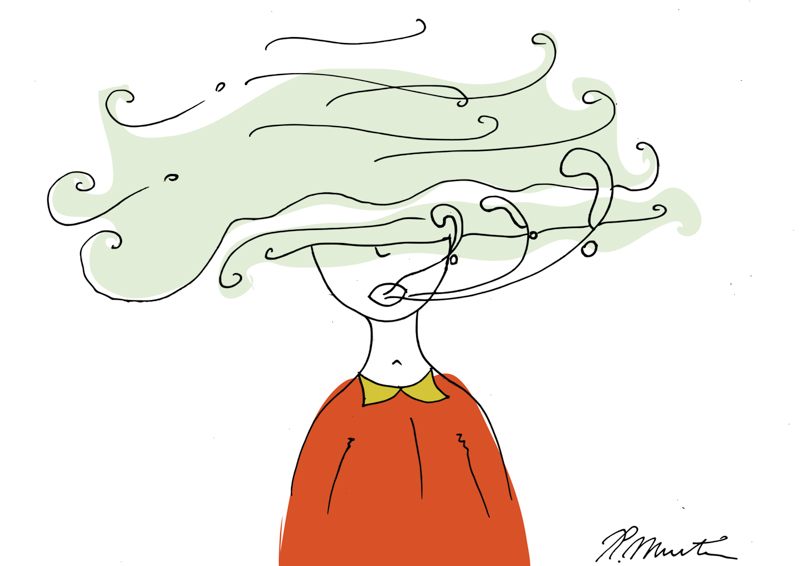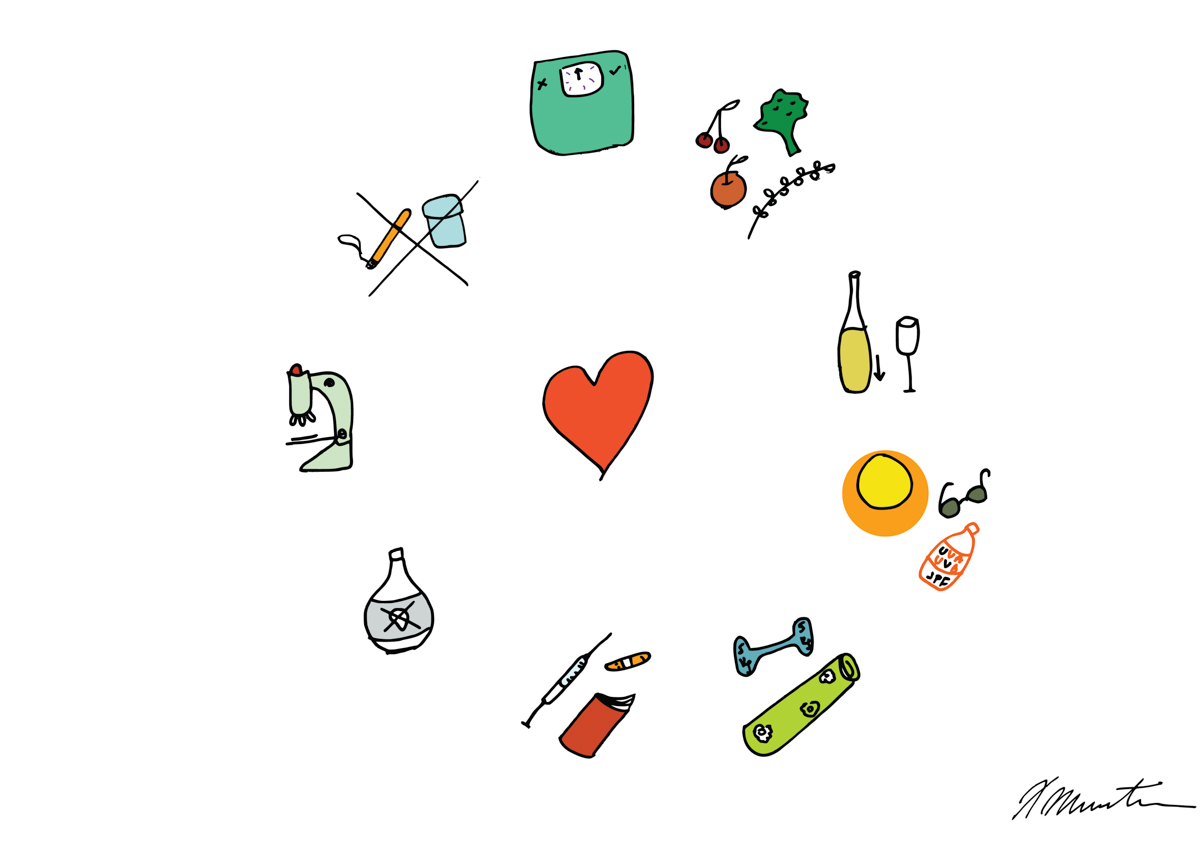Covid-19 for Christmas
We all got Covid-19 over Christmas: the four of us in our family tested positive. This is slightly edited from the post I put on Facebook for our friends and family. The post was to share our experience and what we have learnt through this frankly horrible time. Maybe it might help someone to recognise worrying symptoms and act quickly or maybe just underline how we all need to treat this seriously.
My husband had symptoms first. He was tested on 26th December and the test came back positive on the 27th. Over the next few days, we were all tested and all positive. “No worries,” we thought; “We’re fairly young, fairly healthy,” and the house was still stocked up for Christmas. “We can do this”.
My husband’s cough got worse and worse, he wasn’t sleeping, and he had horrible headaches and stomach pain from the coughing. He had no sense of taste or smell and no appetite, and he is a very grumpy sick person at the best of times. My 16-year-old daughter and I both lost our sense of taste and smell and I also had a bad cough. My 14-year-old son had no symptoms at all but was tested so he could join the family instead of isolating away from us.
Hubby was getting very lethargic and sleeping, or rather dozing, for hours at a time all day. We thought this was normal for a flu-type illness and took the advice that rest and symptomatic relief with Lemsip (a British hot lemon and cold/flu medication drink) and the Swiss equivalent (Neo-Citran, etc.) was the way to go. Hubby got worse so we called our Hausarzt (GP). Drugs were prescribed for symptomatic relief but did nothing. Two days later we rang our medical insurance and the online doctor prescribed stronger drugs. (Thank goodness for a lovely local friend who did no end of driving around for us picking up prescriptions and fresh food.) However, he didn’t improve; his breathing was laboured. The doctor called us back to check if there was any change and sent us to the hospital to get a CT scan.
On arrival at hospital, Hubby’s oxygen levels were down in the low 80% and he was put on an oxygen mask immediately. (A normal oxygen level in the blood is between 95% and 100%. Source: BBC, link below.) A CT scan showed changes in his lungs, and so the hospital kept him in. Four days later after being treated with steroids and oxygen he was allowed home. The doctor who had admitted him shared his relief that he did so well with the treatment, as the ICU was full, and at the beginning he was on the maximum oxygen they could give on the ward and were not sure if it would be enough. We are so glad it was.
Anyone who doubts the severity of this “flu,” please take heed. The doctors told him that this virus can cause your body’s defences to suddenly go into overdrive to fight it, and this is where a lot of the problems come, usually after 7-10 days. It is not possible to predict whose immune system will go into overdrive, so having “no underlying conditions” is no defence against this virus. It is not easy for a layperson to notice that their oxygen levels are getting lower. An article on the BBC website talks about “silent Hypoxia”*.
I bought an oximeter online (from Digitec) so we can keep an eye on oxygen levels. Maybe the horse had already bolted, but I’d highly recommend it. If you don’t have one it isn’t easy to know if your oxygen levels drop, and they aren’t expensive. We routinely check our levels now, a type of paranoia that I think will stay around for a while.
We were lucky. It doesn’t look like permanent damage has happened. Hubby is still taking drugs against possible embolisms in the lungs. He is still very tired and loses hours each day when he is too tired to do anything. Exercise is hard work, and he is slowly trying to get back to a basic level of fitness. He is a keen cyclist and from a cardiovascular point of view pretty fit for a 49-year-old. There’s no reason for this to have hit him harder than it did the rest of us. It’s just bad luck.
If the second doctor who referred us to the hospital hadn’t spoken up, we would have carried on trying to make him better through rest and drugs that were not strong enough. We didn’t know about the oxygen levels. He wasn’t gasping for breath; he was just so tired.
Moving on, it’s now six weeks later. Hubby is still off work but building up his strength and hoping the doctor allows him to go back to work 50% very soon. I have 80-90% of my taste and smell back and my cough was gone after two weeks. My daughter was back to normal by the end of her 10-day quarantine, and my son never developed symptoms.
Our message is that if you are unfortunate enough to catch Covid-19 and you have serious symptoms, please get checked. Our British attitude of “Have a hot bath, hot lemon, and go to bed,” very nearly backfired on us horribly. Listen to your body, and if you are not getting better seek advice. This really isn’t flu. The doctors would much rather check you and say all is good than be faced with someone too far gone for remedial treatment on a ward. It is serious illness with many side effects and it is not fussy about who it makes ill. Love to you all and stay safe.
*Source: https://www.bbc.com/news/health-55733527
By Caroline Clarke
Written by Caroline Clarke
Caroline is a 50-year-old British mother of two teenagers, married to another Brit. She’s been happily living in Switzerland for many years and is now teaching English to her local community after retraining eight years ago.
Illustration by Andrea Snashall
Andrea is Australian who moved to Switzerland to be with her Swiss partner. They have two teenagers and a rescue dog. Andrea has been a Family Matters Switzerland team member since 2004.




